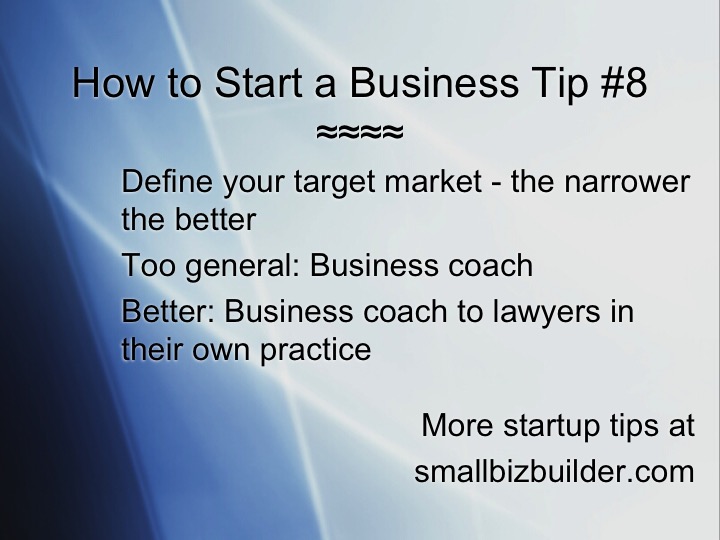
We all know that as baby boomers we are the largest group in the population. As a result as we age there has been no end to products and services directed at us (I’m a boomer born in 1950. You can do the math to figure out how old I am.) There are ads on TV and in magazines that will help you look young. There are articles about how to stay young. There is even software you can buy that will stimulate your thinking and keep you young. Everything is about anti-aging.
Have you ever thought that starting a business will keep you young? Not the “bricks and mortar” kind but a service business like consulting, photography, event planning, virtual assistance or pet sitting.
I know that running a business is a lot of work but women business owners that I have interviewed all said that what they like most about being self employed is the freedom it gives you. How does freedom relate to staying young?
Why start a business to keep young?
Every article I’ve read says that you need several things to keep you young (look at Betty White, Don Rickles, William Shatner and Christopher Plummer) and having your own business provides all of them.
- learning about the variety of work that clients do
- building relationships with clients and colleagues (and relatives)
- time flexibility – you choose when to work and how much
- learning new things like a language. Self-employment, your bookkeeping, accounting, marketing and technology have languages that are new to you.
- feeling and knowing that you’re useful. In business you’re always helpful to your clients.
Don’t listen to your friends and relatives. Check it out for yourself. One of the women who I interviewed, Janet Williams was influenced by another student in her reflexology course who was 71. When Janet asked her why she wanted to start her own reflexology business she said: “You’re never too old.”
Listen to the words of the song Young At Heart. I just heard the version by Frank Sinatra on the radio and have a CD of Jimmy Durante singing it. My mom always sang it to me when I was a child, too. I guess that’s why I think young.
What are your thoughts? If you haven’t started yet, what’s stopping you? Any of the many women entrepreneurs can motivate you. If they can do it then why not you!
Originally posted June 14, 2012










